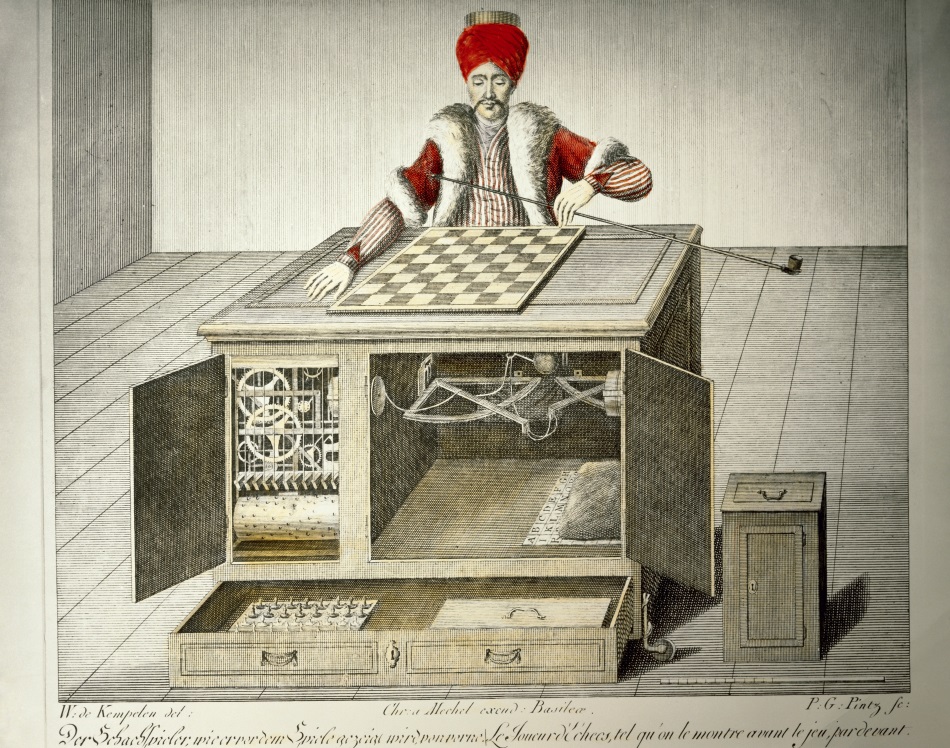
AI, society, and social good
The Royal Society is working towards an environment of careful stewardship of AI, where the…
The Royal Society is investigating the role of data and DigAT in helping people live independent, fulfilled lives.
Digital technologies are changing the human experience. Driven by data, and accelerated by applications like artificial intelligence (AI), they hold a great deal of promise for disabled people through improving the accessibility of work, recreation and community.
Digital assistive technology (DigAT) is sometimes called ‘emerging’ or ‘intelligent assistive technology’. It can include hardware or software, ranging from smart assistants to advanced hearing aids and automated lip reading.
Despite many recent advances in data and AI, the opportunity for technology to improve lives of disabled people is largely unrealised.
The Royal Society is investigating the role of data and DigAT in helping people live independent, fulfilled lives. Broadly, we are asking:
What is the state-of-the-art in DigAT science; what are the potential benefits and risks?
How can we incentivise the development of transformative, sustainable, data-driven DigAT?
What data currently exists on disability and how useful is this data for developing DigAT?
What are the key trends and barriers in DigAT markets, and how do these map onto use cases or specific needs?
Disability is not universally defined or experienced. The ability to live fully and independently can be contingent on a variety of contextual factors. We are taking an inclusive and user-centric approach. To do so, we are working with external research and advocacy organisations in creating an evidence base that centres the experience of DigAT users. We do not assume that techno-scientific solutions—whether for individuals, environments or for structural change—will necessarily be the best solutions. However, we recognise that inclusive technology development will ultimately benefit us all.
To learn more, share evidence, or to receive updates and notice of publications, please get in touch with Charise Johnson via science.policy@royalsociety.org.
This project is Chaired by Professor Sir Bernard Silverman FRS and is guided by our committee of experts:
*Royal Society Diversity and Inclusion Committee Disabled Scientists Subgroup
The Royal Society is working towards an environment of careful stewardship of AI, where the…
The Royal Society and British Academy have produced an evidence synthesis on the impact of AI on…
The AI narratives project – a joint endeavour by the Leverhulme Centre for the Future of…

